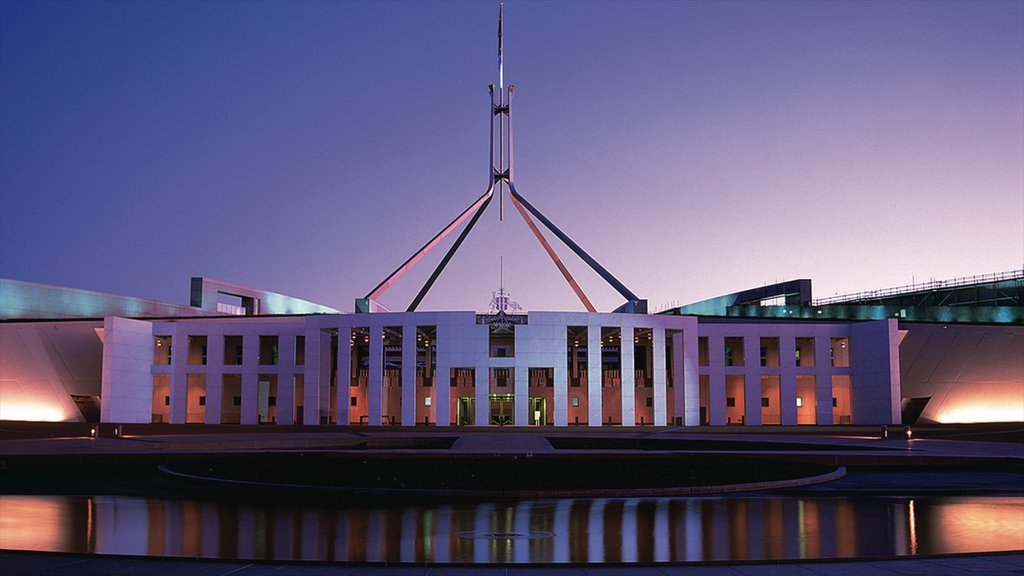For those that missed our Federal Budget Edition newsletter this month – please see the highlights below.
Same Day Superannuation
From 1 July 2026, the government will require employers to pay their employees’ superannuation guarantee
(SG) entitlements on the same day that they pay salary and wages.
The current rules require employers to pay their employees’ superannuation guarantee on a quarterly basis.
There will also be changes to the SG charge regime due to the increased payment frequency. This will be
considered as part of the 2024-25 Federal Budget
Medicare Levy Threshold
From 1 July 2022, the Medicare levy low-income thresholds will be increased to the following:

Lump Sum Payments and Medicare Levy
Commencing 1 July 2024, lump sum payments in arrears will be exempt from the Medicare levy. To be eligible
tax payers must have been eligible for a reduction in the Medicare levy for the previous 2 income years.
They must also satisfy the lump sum payment in arrears eligibility, including that a lump sum is at least 10% of
the taxpayer’s income in that year.
Instant Asset Write-Off
Beginning 1 July 2023 and extending to 30 June 2024, there will be a temporary increase in the instant asset write-off threshold by the Government.
The threshold will be raised from $1,000 to $20,000, allowing small businesses with an aggregated annual turnover of less than $10 million to immediately deduct the full cost of eligible assets that cost less than $20,000. The assets must be first used or installed ready for use during the period of 1 July 2023 to 30 June 2024. Small businesses will be able to write off multiple assets as the $20,000 threshold applies on a per-asset basis.
Assets with a value of $20,000 or more cannot be immediately deducted but can be added to the small business simplified depreciation pool and depreciated at a rate of 15% in the first income year and 30% each income year thereafter.
The rules that prevent small businesses from opting back into the simplified depreciation scheme for a period of five years will remain on hold until 30 June 2024.
Energy Incentive Scheme
Small and medium business (businesses with aggregated turnover less than $50m) will be offered an additional 20% deduction on eligible capital expenditure that supports electrification and energy efficiency.
This eligible expenditure is capped at $100,000, meaning there is a maximum bonus deduction available of $20,000. Eligible capital expenditure may include the purchase of certain depreciating assets, or upgrades to existing assets.
Examples of capital expenditure that will be eligible:
Assets that upgrade to more efficient electrical goods (energy efficient fridges);
Assets that support electrification (heat pumps an electric heating/cooling systems); or
Demand management assets (batteries or thermal energy storage).
To claim the bonus deduction, eligible assets must be first used, or available ready for use in between 1 July 2023 and 30 June 2024.
Certain capital expenditure is excluded from this bonus deduction. These include electric vehicles, renewable electricity generation assets, capital works, and assets that are not connected to the electricity grid that use fossil fuels.
FBT on Electric Vehicles
From 01 April 2025, eligible plug-in hybrid vehicles will no longer be exempt from Fringe Benefits Tax (FBT).
Arrangements involving eligible plug-in hybrid vehicles entered into between 01 July 2022 and 31 March 2025, which extend past 01 April 2025, will remain eligible for the FBT exemption up until the arrangement ends.
For example, if an employee enters into a 3 year novated leave arrangement with their employer for an eligible plug-in hybrid vehicle on 31 March 2024, the FBT exemption will only apply until 31 March 2027.
Lodgment Penalty Amnesty Program
Small businesses with an aggregated turnover of less than $10m, will get failure-to-lodge penalties remitted for outstanding statements lodged in the period 1 June to 31 December 2023. These statements must have originally been due of lodgment during the period 1 December 2019 to 28 February 2022.
Reduction in Tax Instalments
Tax law will be amended to set the GCP adjustment factor at 6% for the 2024 income year. This factor applies to pay as you go (PAYG) and GST instalments and is a reduction of the 12% factor which should have been applied under the statutory formula
method.
This reduction will only apply to small business and individuals and to instalments once these changes have been legislated. The eligibility criteria for a small business or individuals being aggregated turnover of $10m for GST instalments and $50m aggregated turnover for PAYG instalments.


